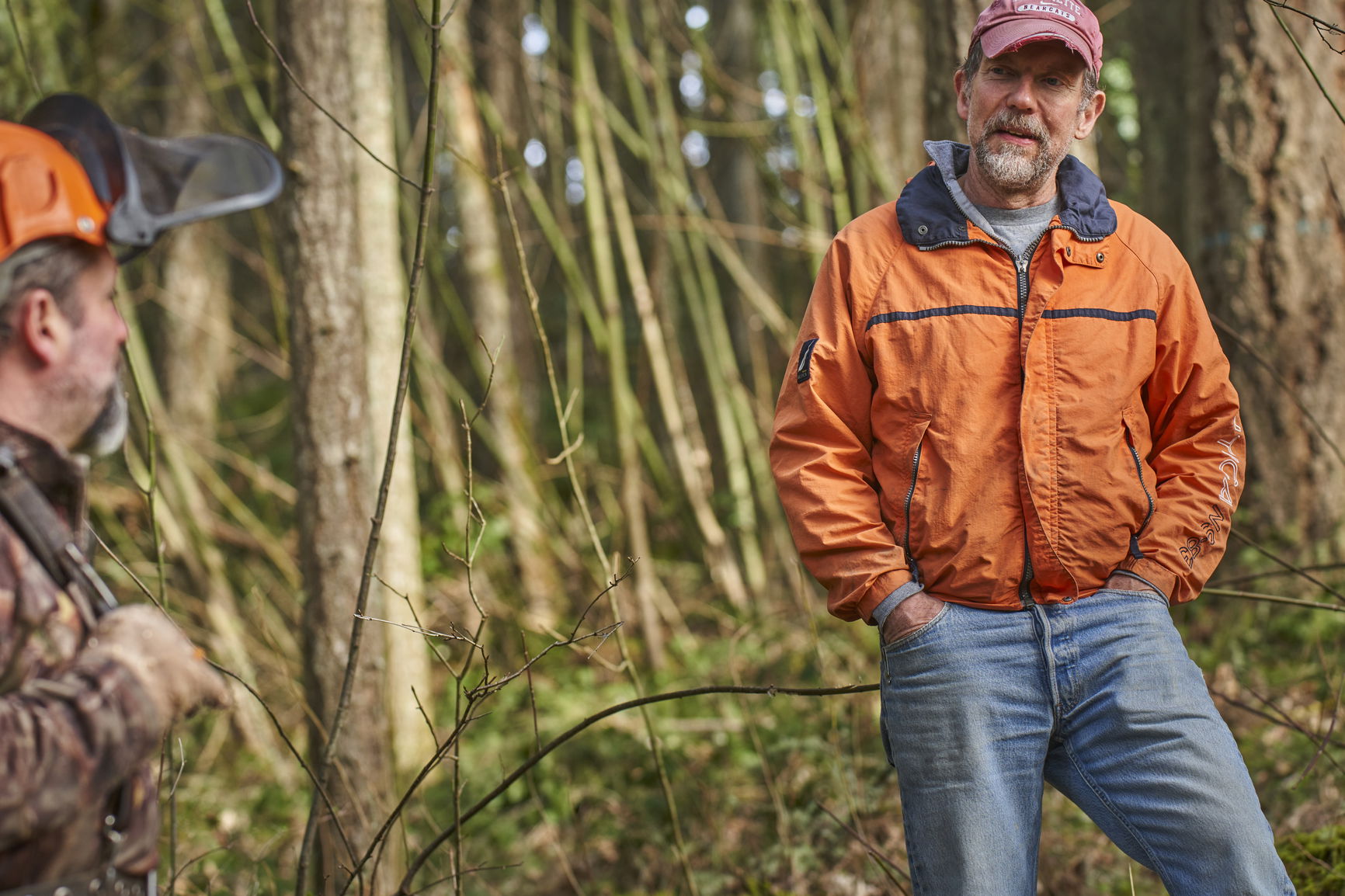IDS 214 Food Justice
Dive into the world of food justice and sovereignty, blending theory with hands-on farm work and service learning. Partner with Marion Polk Foodshare on projects that connect you directly with local food systems that make a difference in the community.



